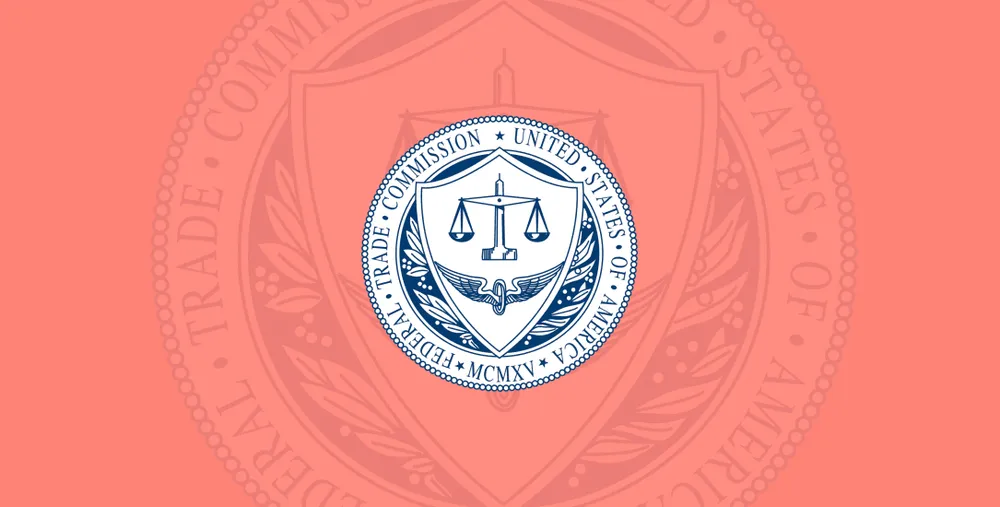Dems want FTC to investigate Apple and Google for privacy harms made worse Post-Roe
The Federal Trade Commission should investigate Google and Apple’s role in the creation of an exploitable online advertising tracking ecosystem that will be leveraged against their users in a Post-Roe world, Democratic lawmakers wrote to the agency Friday — the same day that the Supreme Court overturned Roe v. Wade, ending constitutional protections for abortion access in the U.S.
The letter — sent by Sens. Ron Wyden, Elizabeth Warren, Cory Booker, and Rep. Sara Jacobs — argues the companies are engaged in “unfair and deceptive practices by enabling the collection and sale of hundreds of millions of mobile phone users’ personal data.”
Both companies use unique tracking identifiers in their popular Android and iOS mobile operating systems for advertising purposes, which have effectively become a central piece of information used within the data broker market to link devices to vast amounts of data collected about users.
Until recently, this identifier was turned on by default in both operating systems, and Google had no opt-out option. It is no longer the default for iOS, but remains so for Android.
“By failing to warn consumers about the predictable harms that would result by using their phones with the default settings that these companies chose, Apple and Google enabled governments and private actors to exploit advertising tracking systems for their own surveillance and exposed hundreds of millions of Americans to serious privacy harms,” the lawmakers wrote.
The stakes of those harms were also raised by the Supreme Court overturning Roe v. Wade.
Those “seeking abortions and other reproductive healthcare” are left particularly vulnerable due to the market built upon these tracking identifiers, according to the letter, which was sent prior to the release of the final opinion.
Apple and Google did not immediately respond to requests for comments about the letter.
Following the leak of a draft of the decision in early May, Americans have faced a reckoning about how their digital trails will likely be used to prosecute those providing or seeking reproductive healthcare.
Several lawmakers, including those who signed the new letter the FTC, urged Google last month to change its location data collection and retention policies in light of the looming Supreme Court ruling.
There has also been an increased push for privacy legislation on Capitol Hill — with some explicitly driven by concerns about Roe being overturned — although it remains unclear if proposals will succeed.
Andrea Peterson
(they/them) is a longtime cybersecurity journalist who cut their teeth covering technology policy at ThinkProgress (RIP) and The Washington Post before doing deep-dive public records investigations at the Project on Government Oversight and American Oversight.



